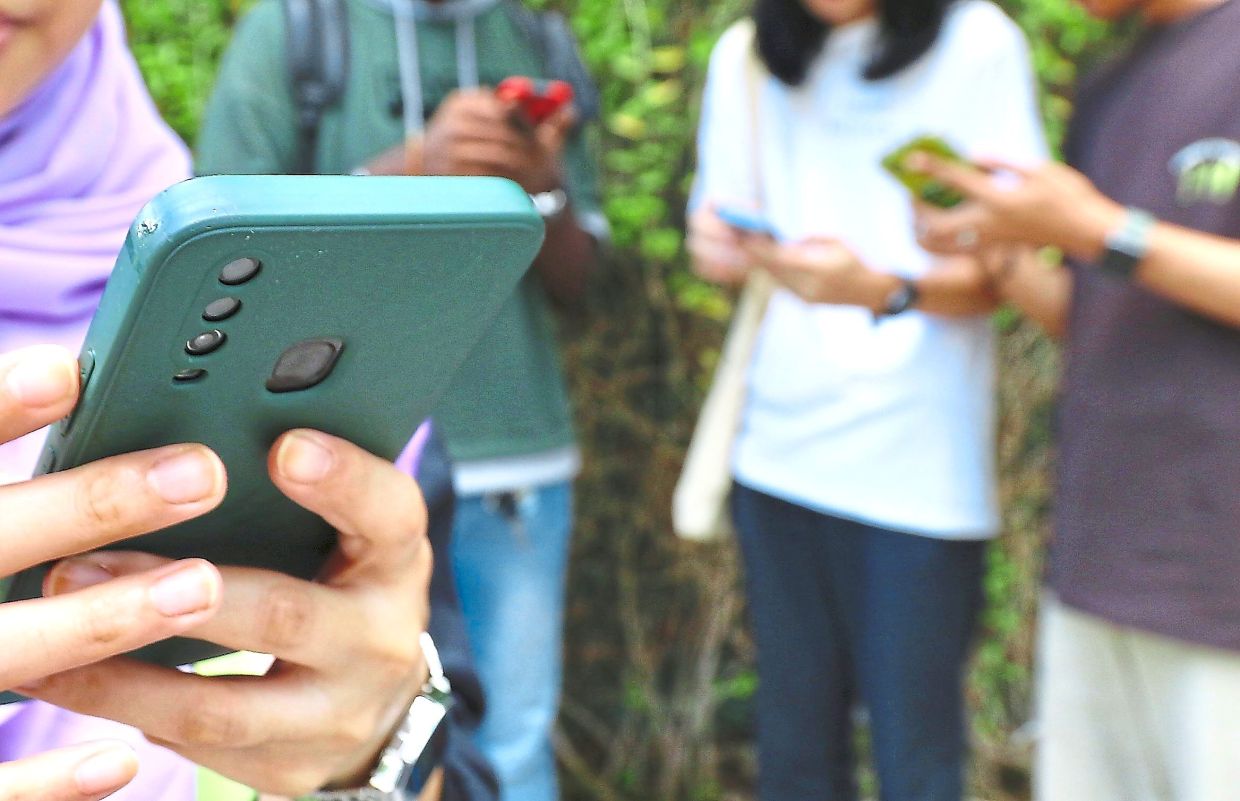KUALA LUMPUR: The government’s intention to raise the minimum age limit for social media use to 16 years cannot be postponed any longer, but must be expedited as a strict control measure to curb the increasingly acute social ills among students.
The measure, which was previously only discussed in discourse, is now seen as an urgent need following various social problems involving the younger generation, including cases of bullying, fights, rape and most recently a murder case in schools.
ALSO READ: Proposal to raise minimum social media user age to 16
The shocking development has not only sparked concern among parents, but the general public has also voiced the same concern when serious crimes occur in such institutions that are supposed to be safe places.
In this regard, the announcement by Madani Government spokesperson Datuk Fahmi Fadzil regarding the proposal, which was discussed at the Cabinet meeting yesterday, was described as not only a pragmatic measure but also a much-needed drastic action.
According to senior lecturer at the Faculty of Communication and Media Studies, Universiti Teknologi Mara (UiTM) Dr Ima Liana Esa, the proposal is very appropriate and relevant given that various studies have shown that uncontrolled use of social media is one of the causes of social problems among young people.
She said that although social media has its own benefits, the misuse of the platform is becoming more widespread, especially with the emergence of technology-based crimes such as pedophilia, online fraud and increasingly complex cyberbullying.
ALSO READ: Phone ban not enough, tackling school violence requires support, say experts
“Most common among school students are bullying, rape and most recently murder cases, all of them have elements of social media influence when anyone can easily access to get whatever they want, making it worse when there is no parental control,” she told Bernama.
Ima Liana also referred to Australia, which currently has the strictest laws regarding the use of social media, including a ban on access to all social media platforms for individuals under the age of 16, with the platform organisations involved liable to be fined of up to A$49.5 million (A$1=RM2.74) for violations.
The dangers of social media according to Ima Liana, were that the vast majority of today’s young generation spends more of their time surfing the borderless world to the point that some of them have become a generation that is not interested in reading.
Social media addiction among children and adolescents is increasingly worrying with data showing that nine out of 10 children now have social media accounts and spend an average of eight hours a day surfing platforms such as TikTok, YouTube and various other applications.
Based on the United Nations Children’s Fund (UNICEF) Our Lives Online report in 2020, 91 per cent of Malaysian children aged 13 to 17 years old surf the Internet every day with 70% of them having been exposed to disturbing content.
ALSO READ: ‘Unchecked exposure to violent online content can be harmful’
“At such an age, they are not mature enough to distinguish between good and bad. Being exposed to excessive and uncontrolled social media puts them at risk of becoming victims of sexual harassment, cyberbullying and various other forms of exploitation, in addition to being exposed to mental health problems that are increasing among teenagers such as social anxiety and depression,” she said.
Although the move was deemed timely, the National Parents-Teacher Associations Consultative Council (PIBGN) stressed that the tendency to inject immoral culture among school students is not only due to the influence of social media alone.
Its president Datuk Dr Mohamad Ali Hasan said other mediums such as programme content broadcast through paid streaming platforms, when used as uncensored entertainment, have also been identified as risking affecting the moral formation of the next generation.
“We hope the government does not focus only on the influence of social media but also looks at the threat or danger of programme content from paid streaming platforms. Some of them are not suitable for the development of children’s minds and personalities,” he said.
At the same time, he stated that the most effective method to curb the issue is through instilling moral values in children from home, which are then reinforced in schools.
“Today’s education is too academically oriented, academic excellence to the point of neglecting the importance of developing values and morals in today’s generation. This is something we should fix because academic excellence is meaningless if society collapses socially,” he said. – Bernama

